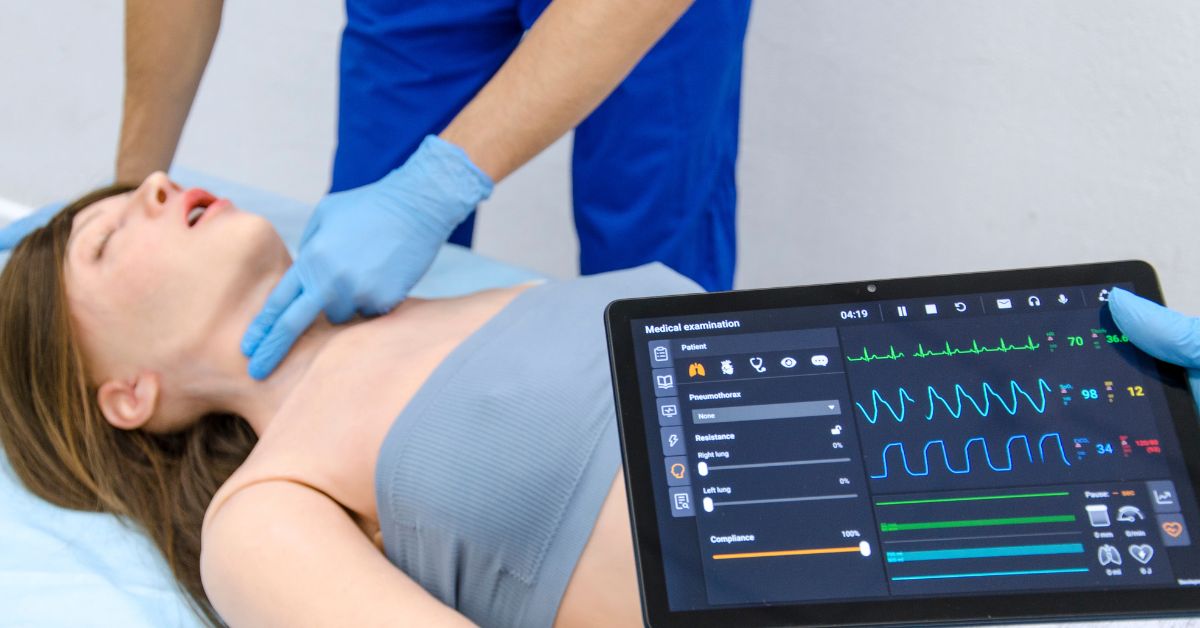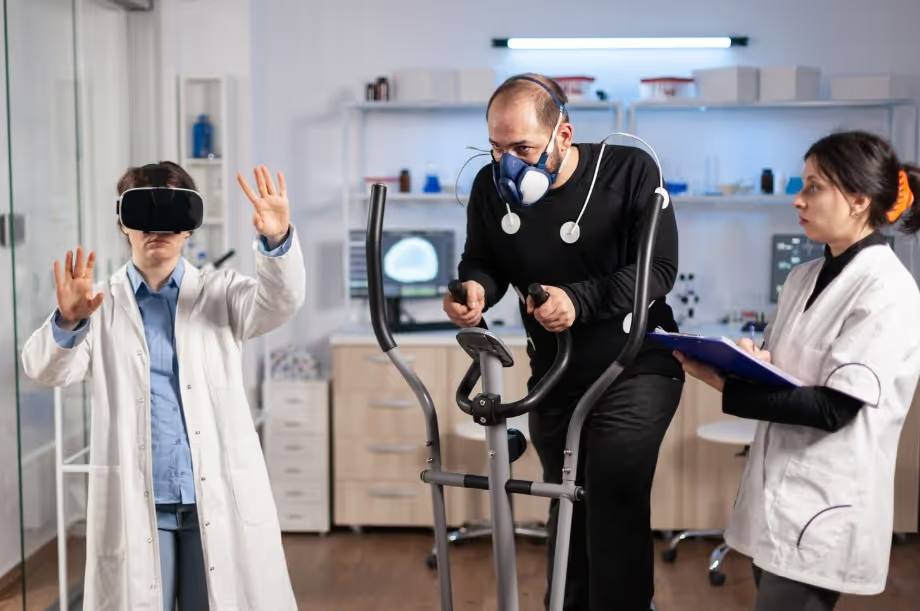
4 Uses For Simulation Software In The Healthcare Industry
Simulation software is an invaluable tool in the healthcare industry, providing a safe and cost-effective way to train medical students and professionals. This advanced simulation software has many uses in the healthcare industry, making it easy to test out realistic scenarios and give healthcare workers the opportunity to practice. Training is crucial in healthcare, especially in a controlled environment without the pressure of real-life consequences.
Enhancing Clinical Skills
Simulation software offers a safe and risk-free environment for medical students and professionals to practice their clinical skills. Through realistic simulations, healthcare workers can hone their technical abilities, such as surgical techniques or patient examinations, and gain confidence before performing procedures on real patients. Hands-on practice is crucial for building muscle memory and ensuring medical professionals are prepared for the complexities of actual patient care.
Improving Decision-Making
Simulation software also allows for the replication of complex and high-stress situations that healthcare professionals may encounter on the job. By immersing them in these scenarios, healthcare workers can practice making critical decisions in a controlled environment. This experience enhances decision-making skills, leading to more informed choices and better outcomes for patients. For example, practicing responses to cardiac arrest scenarios can equip professionals and students with the confidence and skills to act swiftly during real emergencies.
Conducting Research
Simulation software can also be a powerful tool for research purposes, allowing healthcare professionals to test new treatments, procedures, or protocols without impacting real patients. In a controlled environment, researchers can gather data and analyze the effectiveness of their innovations safely. This capability improves medical knowledge and patient outcomes, enabling new explorations into different kinds of treatments.
Training for Emergency Situations
In emergencies, quick decisions are crucial for saving lives. Simulation software makes it easier for medical professionals to train for various emergency scenarios without putting real people at risk:
- Natural disasters
- Mass casualty incidents
- Acute medical crises
Training like this improves individual skills while enhancing team coordination and communication during high-stress situations.
Simulation software in the healthcare industry has revolutionized operations, providing numerous benefits for medical professionals and patients alike. From training and improving skills to conducting research and training for emergency situations, simulation software like anatomy tables continues to play a vital role in enhancing the quality of healthcare. If you want your own simulation software, visit us at MedVision. Our software and hardware are the best of the best, so boosting your medical skills can be easy!
Immerse yourself in a demo to see how MedVision transforms traditional learning into an engaging, interactive experience
Subscribe for the Latest News!





